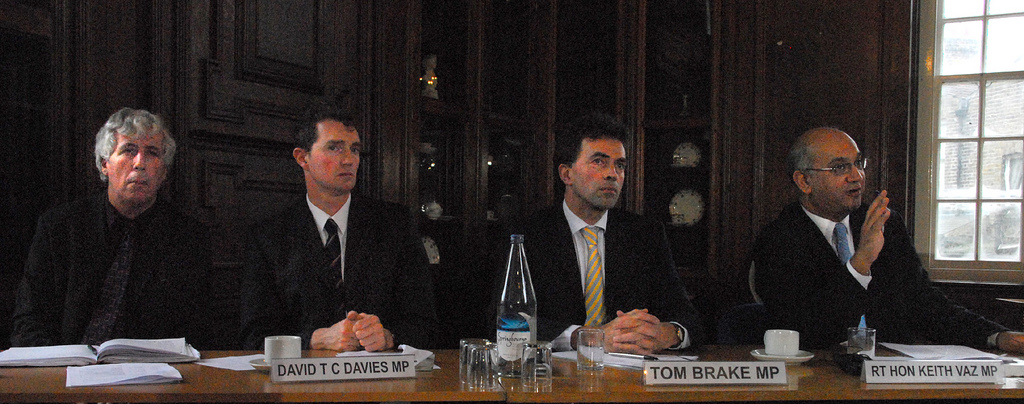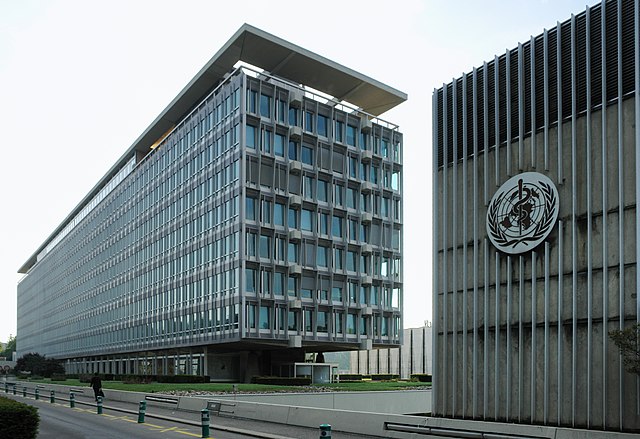Richard Bacon MP argues that Parliament is fit for purpose. The Wright reforms have re-invigorated Select Committees allowing them to hold the executive and senior public officials to account.
[one_half]Is Parliament fit for purpose? Asking this question of any organisation implies there is a problem – that the organisation can no longer do the job it was intended to fulfill. A vital part of Parliament’s job is to hold the Executive part of government to account and to debate the issues of the day.
Almost no other national legislative body has a history as rich and exciting as our own Parliament. But with centuries of accrued tradition, pomp and ceremony, there may also be questions about relevance. Nonetheless, I believe that Parliament as a working institution, and particularly the House of Commons, has never been more relevant to those it is our duty to serve.
True, the weekly bearpit of Prime Minister’s Questions often generates far more heat than light, simultaneously showing Parliament at its most boorish and its most popular, if the demand for tickets for Commons’ public gallery is anything to go by. But despite the knockabout, MPs also get a chance to raise constituency issues directly with the Prime Minister in a highly visible way. This all but guarantees media coverage for the issue and opens a line of dialogue direct to Number 10, which will duly put pressure on government departments to respond.
Yet the best examples of Parliament’s relevance and evidence of its fitness for purpose are mostly to be found not in the Commons Chamber but on Parliament’s Committee corridors.
In November 2009, the Select Committee on Reform of the House of Commons, more popularly known as the Wright Committee after its chairman, Dr (now Professor) Tony Wright, reported to Parliament. The Wright reforms ended the practice of committee memberships being decided by party whips choosing who would fill their party’s ‘quota’ on committees. Instead, MPs wishing to chair specific committees must now put themselves forward for election to the whole House, with elections held within party groupings for the allotted number of seats on each committee.
These reforms have led directly to the re-invigoration of the Select Committee system. Select committee membership and chairmanship no longer depends upon patronage of the Whips, and committees have been injected with the confidence and authority that flows from the imprimatur of a democratic mandate.
[/one_half]
[one_half_last]

This renewal has helped committees to act more quickly on the issues of the day. Who can forget the ‘most humble day’ of Rupert Murdoch’s life as he faced the Culture, Media and Sport Committee over phone hacking? Or the grilling of Police Federation officials post-Plebgate by the Home Affairs Select Committee? And, as gas and electricity prices rose by over 10 per cent this autumn, so energy bosses were in front of the Energy and Climate Change Committee within a matter of days.
The Public Accounts Committee, which I sit on, has probably been more active than any other committee, now under its formidable Chair, the Labour MP Margaret Hodge. A very partial list includes the PAC holding the BBC to account for its staggering severance payments; exposing the billions of pounds squandered by the NHS IT programme; exposing the very poor and costly management of nuclear waste; examining the considerable weaknesses of the Charity Commission; taking Amazon, Google and Starbucks to task for their reluctance to pay Corporation Tax on their UK profits; and probing more deeply than ever before into the affairs of HM Revenue and Customs, exposing serious mistakes by the organisation that HMRC had previously kept hidden.
During the George W Bush administration, the US Army published a handbook of advice for officers asked to testify before Congress. For those officers summoned to investigative hearings, the US Army’s advice is one simple, chilling word: survive. At one time, the idea that so much could be at stake on the committee corridors of the Houses of Parliament must have seemed fanciful. Surely the stakes could not be so high here too? But go and ask former police chiefs, or bosses at the BBC and in the NHS – or even Rupert Murdoch. They are now.
Is Parliament fit for purpose? It has never been more so.[/one_half_last]
Richard Bacon MP is the Conservative MP for South Norfolk since 2001. He is a member of the Public Accounts Commission, the European Scrutiny Committee Commons and the Public Accounts Committee.
Image credit: UK Parliament





